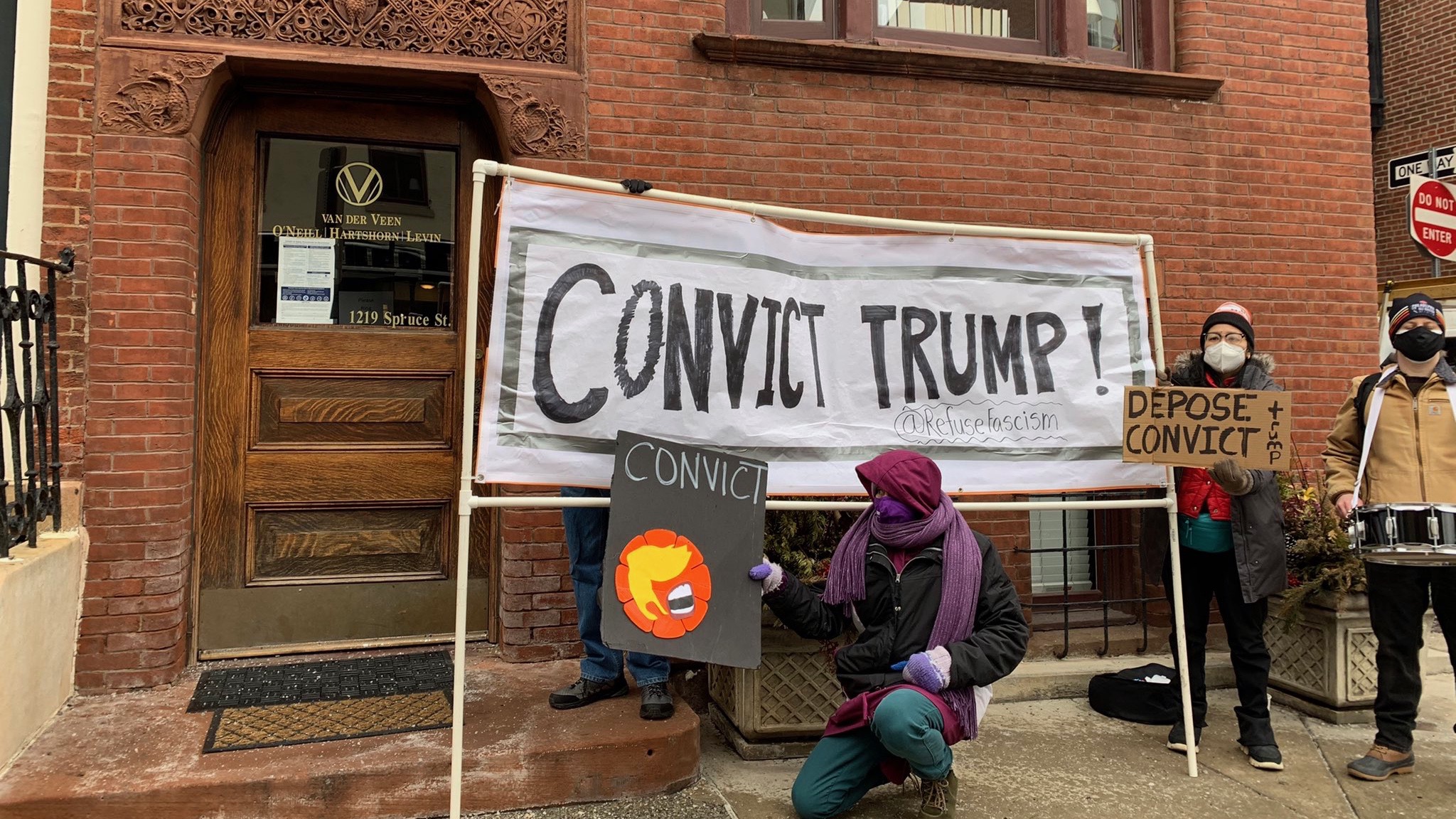The US Senate passed a verdict on former president Donald Trump’s role in the Capital riots of January 6, acquitting him of the charges of “incitement of insurrection”. The verdict passed by the Senate on February 13, Saturday, had a vote division of 57-43 to convict Trump of the single article of impeachment passed by the US House of Representatives. But this fell far short of the two-majority, or 67 votes, required in the 100-member congressional chamber to convict the former president and to proceed towards the actions against him.
The swift trial that lasted barely a few days, had only arguments from the prosecution and defense and no witnesses presented before the Senate for cross-questioning. The prosecution team, consisting of the impeachment managers appointed by the House of Representatives, attempted to have witnesses presented to the trial, but a backdoor deal between the Republican and Democratic legislators settled to have recorded testimonies presented to the Senate.
The second Trump impeachment was unprecedented in more ways than one for US history. Trump is the first person to be impeached twice by the House of Representatives. He is the first person holding a federal office to be charged with inciting a mob against an arm of the government. He is also the first person to have faced an impeachment trial after leaving the office, and have also had cross-voting against him by his party legislators.
Saturday’s vote indicated how Trump continued to hold a significant influence over the Republican Party, despite several senior leaders having criticized or condemned Trump’s incitement of the riot. Even though the likes of Mitch McConnell, the current senate minority leader, and Marco Rubio held Trump’s speech to be in some degree responsible, they voted for acquittal.
This has to do with how much support Trump continues to garner among average Republican voters, indicated by opinion polls and even the results of November’s general election. Even though the results of the trial were more or less expected, as Ted Cruz had remarked just hours before the vote, the Republican Party was by-and-large criticized for supporting Trump.
Expressing their disappointment and anger, the campaign Refuse Fascism harshly criticized the Republican complicity in their statement. “Let’s dispense with the excuses that 43 Republican senators voted to acquit because they are afraid of Trump’s base. They want Trump’s base. Whatever qualms a few may have about the rough edges, they represent and court a fascist base and fundamentally agree with the fascist program Trump has cohered,” read the statement.
“This acquittal shows once again that there is no bottom to the immorality of Trump and his fascist followers. Now our side, those who aspire to a more just society, have to STOP putting ceilings on our determination to resist and stop this vicious American fascism,” added the statement.
While most of the Republican Party congress members in both chambers supported Trump throughout the impeachment process, a sizable number have taken a stand to condemn his actions throughout the electoral process. Seven Republican senators and 10 Republican Congresspersons have voted to convict and impeach Trump, making the impeachment process the most bipartisan of its kind.
Several Republican leaders have accused Trump of instigating the right-wing mob against the US Congress while it certified the results of the presidential electoral college held in December 2021. If convicted the Senate would have voted again to decide whether or not to bar Trump from holding a federal office in the future, which also would have required a two-thirds majority of the votes.





